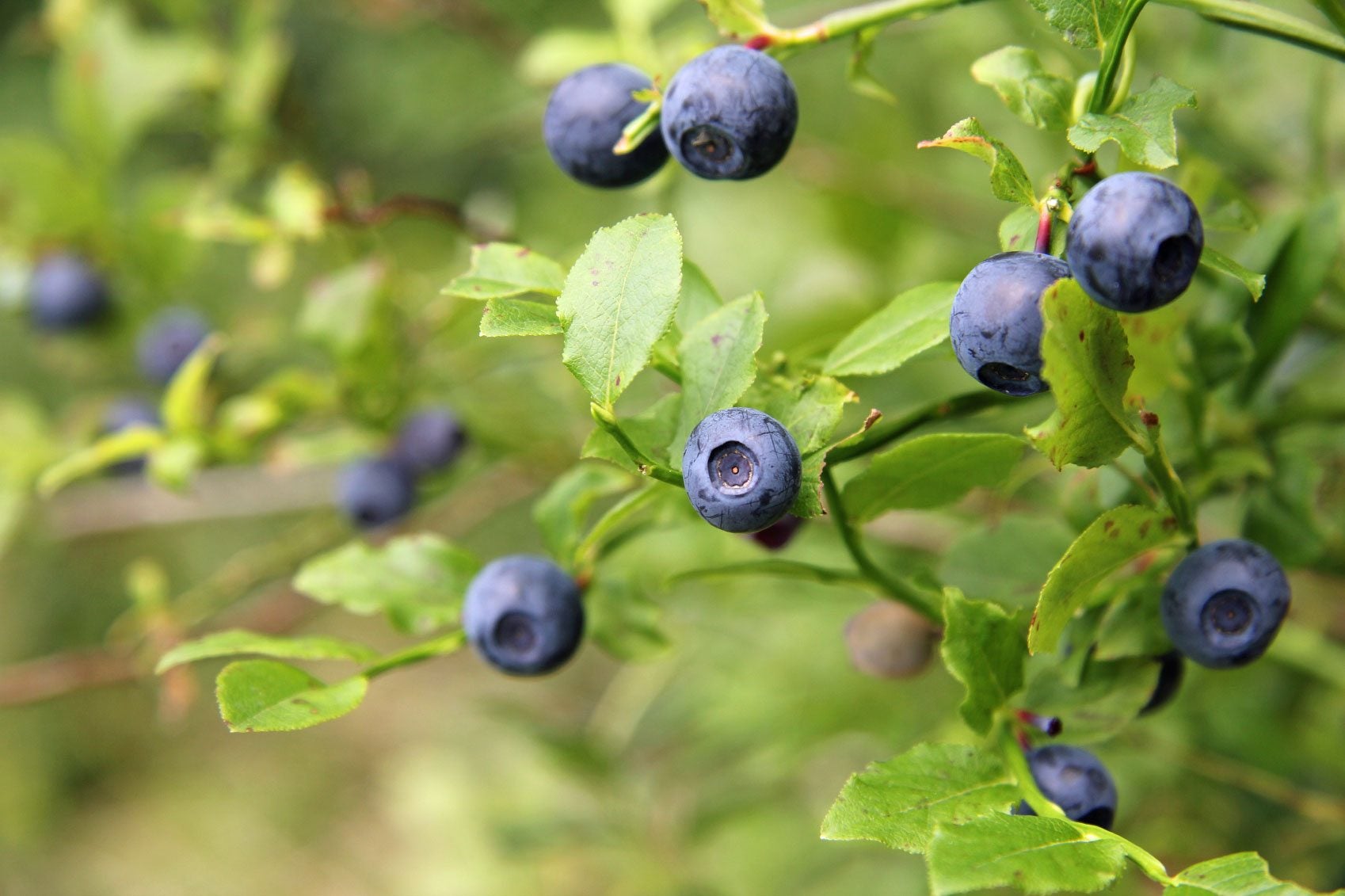Fertilizing Blueberries - Learn About Blueberry Bush Fertilizer


Fertilizing blueberries is an excellent way to maintain the health of your blueberries. Many home gardeners have questions about how to fertilize blueberries and what is the best blueberry fertilizer. Below you will find more information about fertilizer for blueberries and how best to fertilize them.
When to Fertilize Blueberries
While there is not a first or last date to fertilize blueberry bushes, the general rule of thumb is to fertilize blueberries in the spring before their leaves have grown in. This is so that the blueberry fertilizer has time to penetrate the soil and make it to the roots of the blueberry bush before it enters active growth. You should be fertilizing blueberries once a year. Typically, they do not need feeding more often than this.
Types of Fertilizer for Blueberries
Blueberries like a higher acid soil. For this reason, you should be using a high acid fertilizer, especially in an area where you have had to amend the soil in order to lower the pH enough to grow your blueberries.
When looking for a high acid blueberry bush fertilizer, look for fertilizers that contain ammonium sulfate or sulfur-coated urea. These tend to have a lower pH (higher acid).
Also try to use fertilizers that are higher in nitrogen, but be careful not to use a fertilizer that contains nitrates, such as calcium nitrate or chloride. Some blueberry plants can be killed by nitrates. Blueberry plants are also susceptible to either iron or magnesium deficiencies.
If your blueberry bush's leaves turn a reddish yellow color, especially near the edges of the leaves, this is most likely a magnesium deficiency. If the leaves turn yellow with green veins, it is most likely an iron deficiency.
Treat either of these problems with a nutrient appropriate blueberry fertilizer.
Sign up for the Gardening Know How newsletter today and receive a free copy of our e-book "How to Grow Delicious Tomatoes".
Natural Fertilizer for Blueberries
For organic fertilizers for blueberries, you can use blood meal or fish meal to provide nitrogen. Sphagnum peat or coffee grounds will help to provide acidity. Bone meal and powdered seaweed used to fertilize blueberries can provide the potassium and phosphorus.
Before applying any blueberry fertilizer, whether organic or chemical, it is a wise idea to have your soil tested. While this may make fertilizing blueberries a little more tedious, it will help ensure that the pH of the soil and the nutrient mix in the soil is correct. It will help to prevent you from either over or under adjusting when you fertilize blueberries.

Heather Rhoades founded Gardening Know How in 2007. She holds degrees from Cleveland State University and Northern Kentucky University. She is an avid gardener with a passion for community, and is a recipient of the Master Gardeners of Ohio Lifetime Achievement Award.